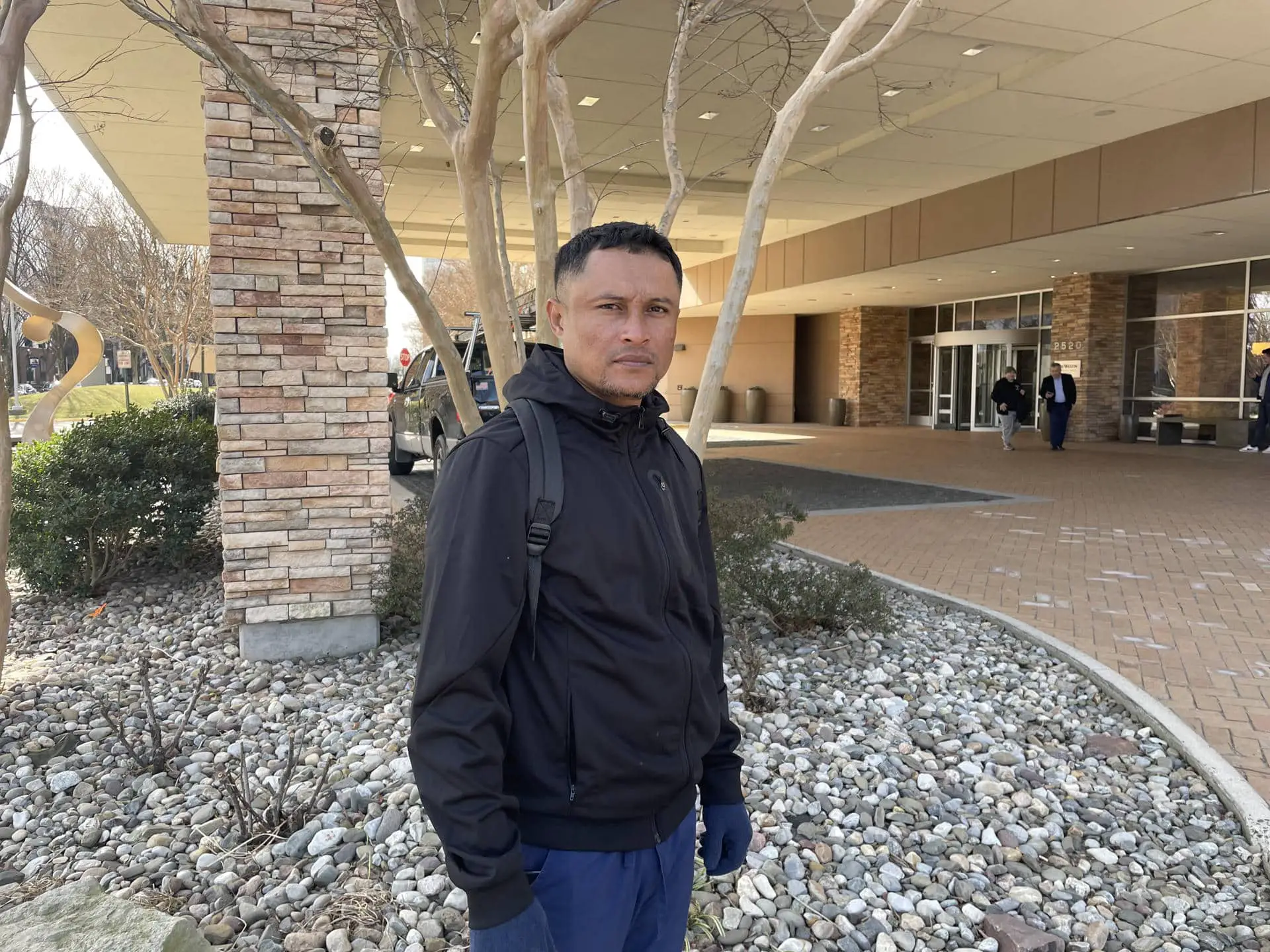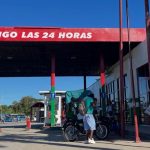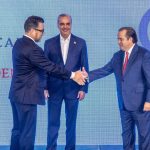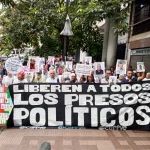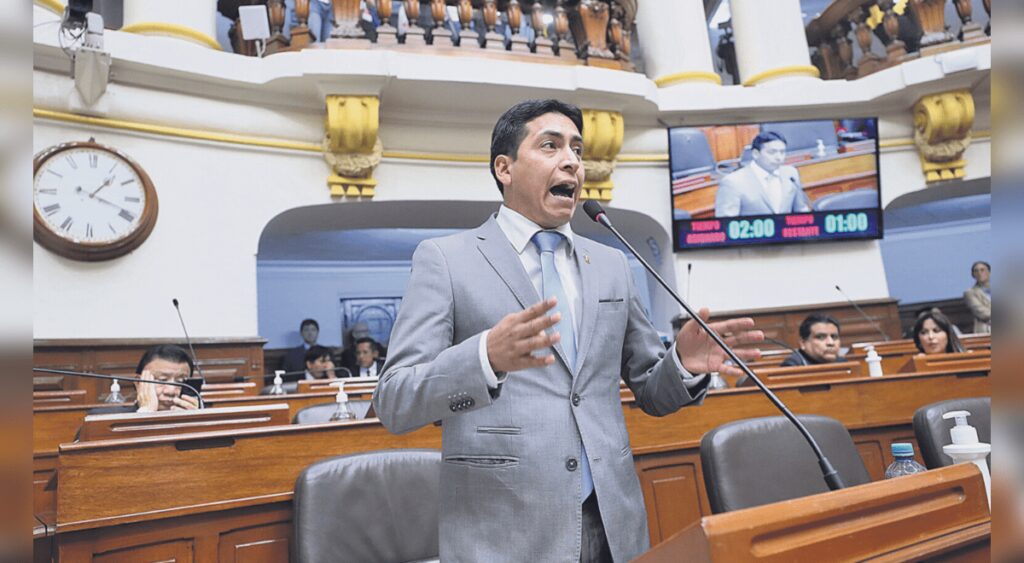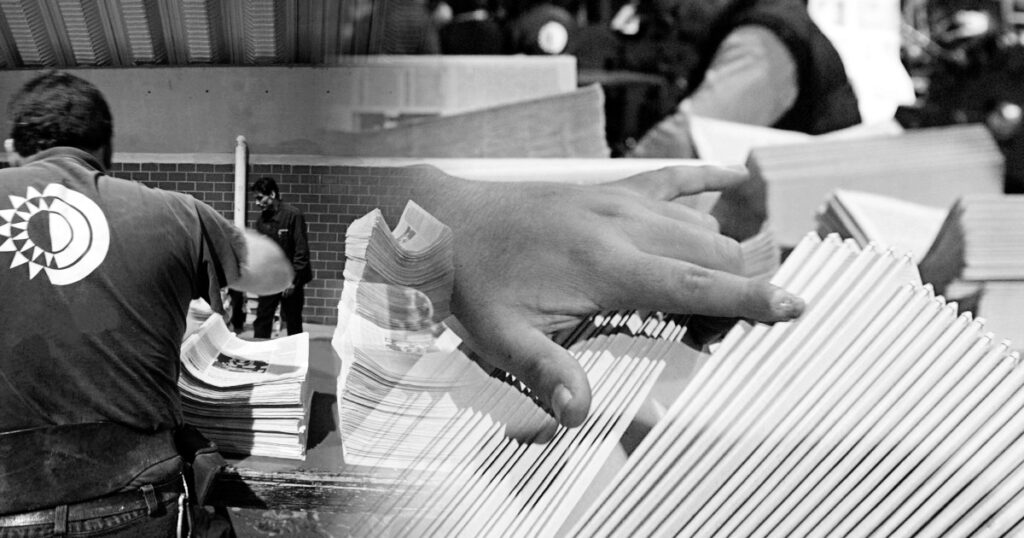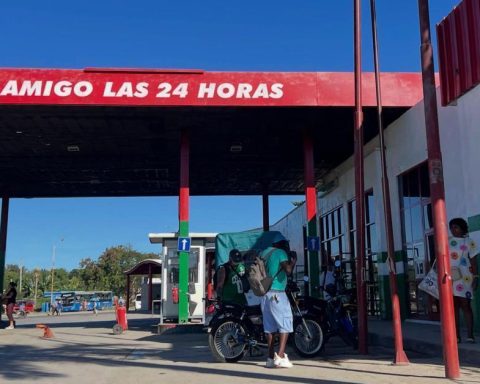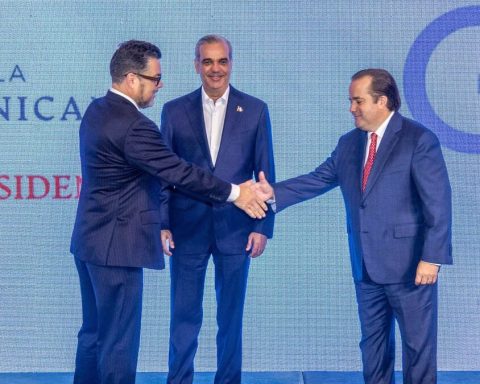With three hundred dollars in their pockets, some clothes, a backpack and a pair of shoes, the Nicaraguan political prisoners released and expelled from their country by Daniel Ortega face the abyss of starting from scratch, carrying traumas, fears and a story that, Hope it makes sense one day.
The hotel on the outskirts of Washington that has given them shelter for the first days in the United States has become this week an operations center to coordinate their lives from now on. Today they leave it with two objectives: to recover and start over.
The accommodation is a few minutes from Dulles International Airport, where they landed on Thursday the 222 on a flight from Managua and chartered by the United States, after President Ortega decided to release them, expel them from the country and strip them of their nationality.
These days some of the most publicized political prisoners pass through the bustling lobby, among them the legendary Sandinista guerrilla Dora María Téllez, and also the lesser known ones, who try to find clues, with the help of NGOs or supportive compatriots, about what their path will be hereinafter.
They arrived in the United States as stateless, with a two-year special humanitarian permit and a mixture of joy, for having left hell; sadness, for having been expelled from their land; and a lot of bewilderment and fear, for what will come.
This is how Osmar Vindell, a 38-year-old agronomist, who was imprisoned in the Chinandega prison for 23 months and 5 days for having participated in the 2018 anti-government protests, tells it: “We all arrived with a lot of fear,” he explains.
A phone and 300 dollars
In addition to accommodation for three nights, transportation to wherever they want, medical attention, and legal assistance, they were given initial help for their new beginning: a phone, $300, a backpack, a coat, underwear, pants, shoes, and a shirt. Osmar explains.
With this, he will leave this Sunday for Charlotte, North Carolina, where one of his cousins is waiting for him to help him in his first weeks, while he manages to regularize his work permit.
The cousin arrived by land in the United States emigrating for political reasons, traveling the more than 5,000 kilometers that separate the promising north from a south of despair and fear of speaking their minds.
Osmar’s brother also fled from Nicaragua and took refuge in Ireland, which is why he ended up in prison, since when they arrested him they confused one with the other. “I also participated in the demonstrations but my brother was more involved, in logistical issues, and who they wanted was him.”
They kept Osmar for seven days, before putting him in prison, torturing him in a cell, beating him and subjecting him to harassment so that he would release information about where his brother was or who was involved in the protests.
“They couldn’t get anything out of me,” he says excitedly, shamelessly showing the two black marks that remained on his chest, two burns from an object with which they burned him.
Then they transferred him to jail and he was convicted of drug possession, since most of them invent crimes to justify the sentences. “To me for drugs, to others for rape…they set up a crime for you to make you a common prisoner and be prosecuted,” he explains.
From jail tells horrors: a cell for 8 where up to 33 people slept crowded on the floor or hanging from hammocks; just a stream of water to wash; earthy flavored beans, hard rice and plenty of psychological torture.
Despite everything, he does not regret having taken to the streets to protest: “I believe that a country’s freedom of expression has to be the most important thing and if the Nicaraguan people remain silent, we will continue to be marginalized and controlled by them.” ”.
Osmar, who dreams of one day being able to bring his three children and his wife back thanks to the help that the United States has promised them, is convinced that the suffering will be worth it because “there will soon be a change in Nicaragua for the benefit of a whole people who have suffered a lot for a long time”.
many have no one
His cousin is waiting for Osmar in Charlotte, but there are many who have no one, confirms Ligia Gómez, the former official of the Central Bank of Nicaragua, one of the first positions in the Ortega government who went into exile in the United States four years ago. .
“Some 109 have no one and I try to act as a family member”, he says, while trying to organize who can take in the few who are left without a place to spend the first few weeks.
“The entire Nicaraguan diaspora and the people who are living here are offering their houses and almost all of them are already settled,” narrates this exile, who explains that the issue of political prisoners has moved the hearts of citizens a lot.
“We feel committed to them because they have given the most important thing, which is their freedom, their family, their life, and they have suffered a lot of torture and mistreatment,” he says.
